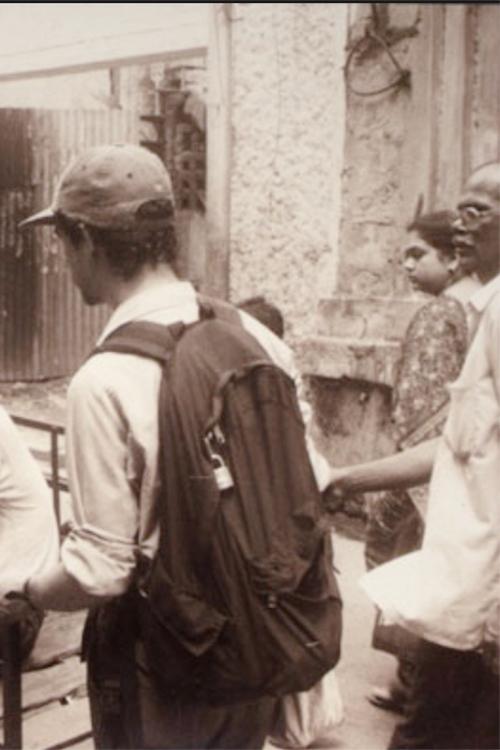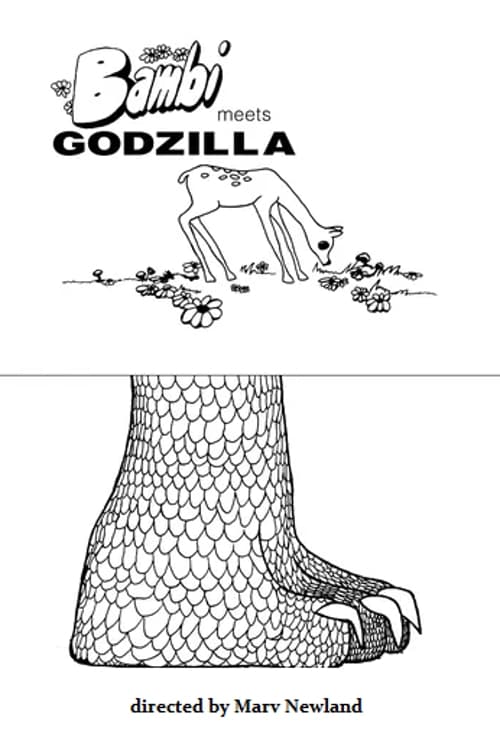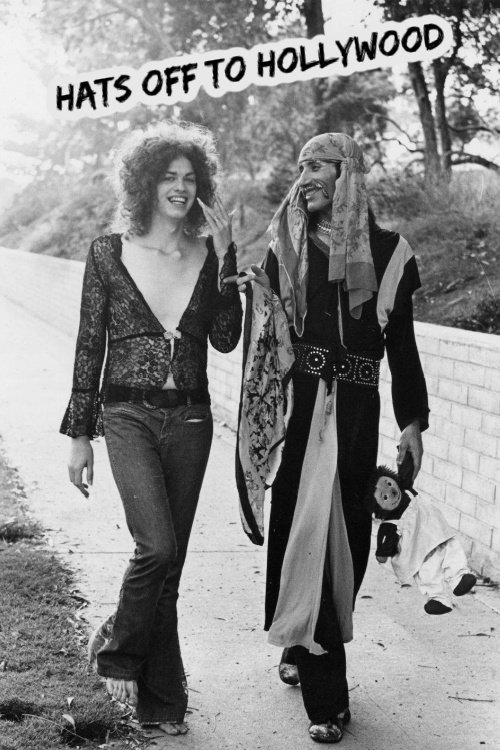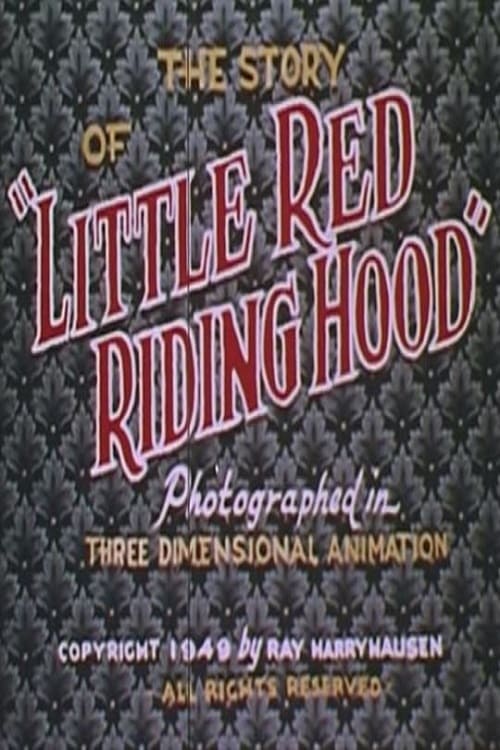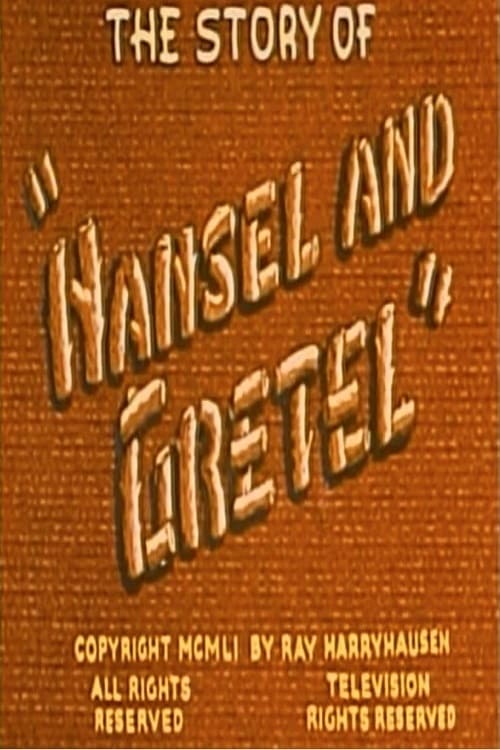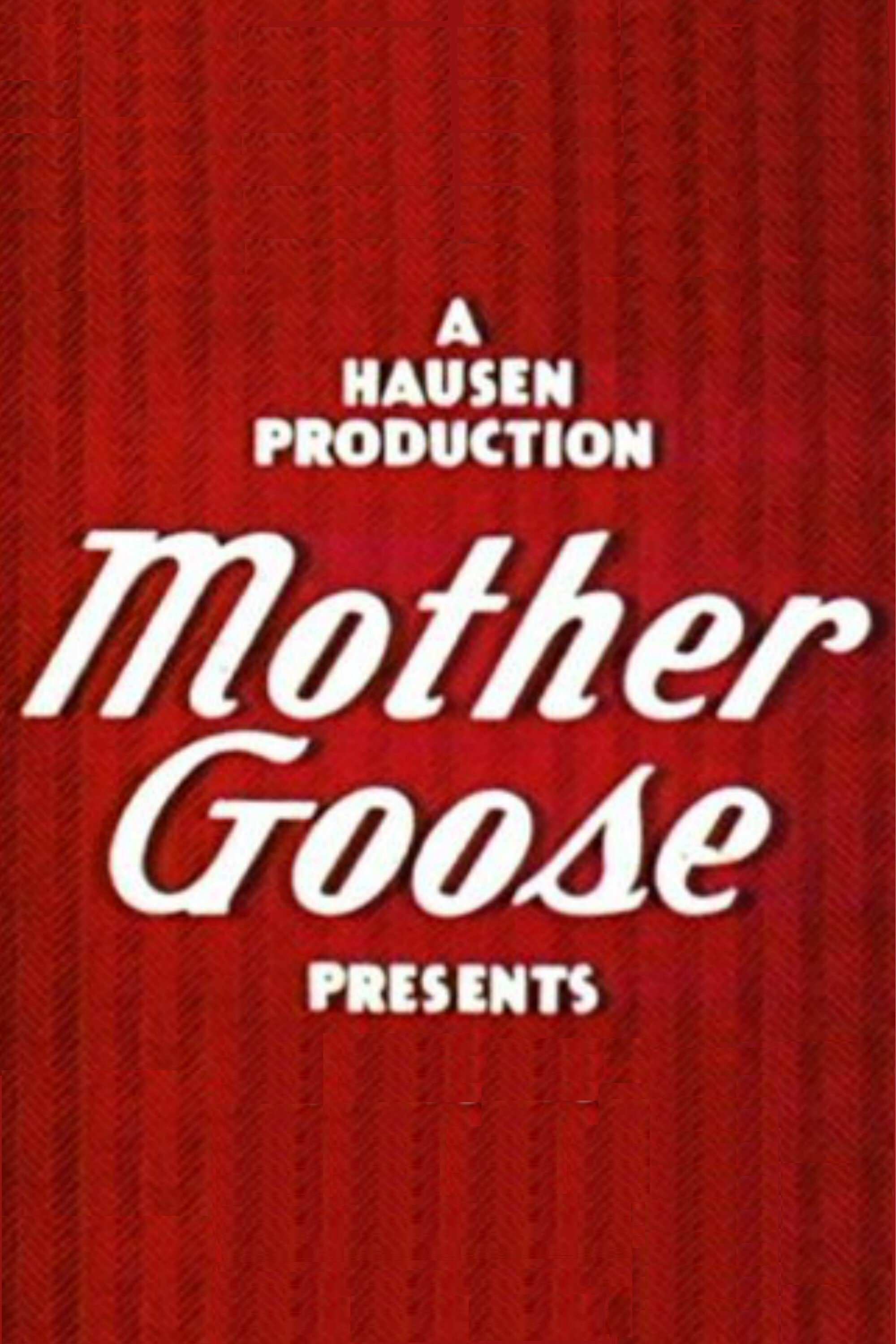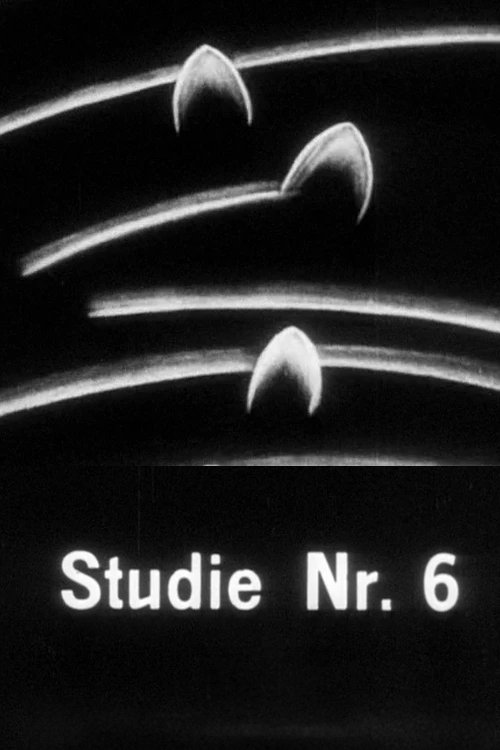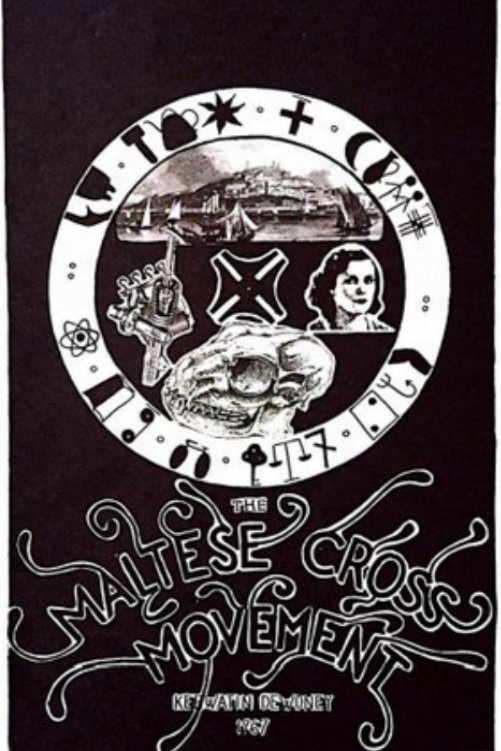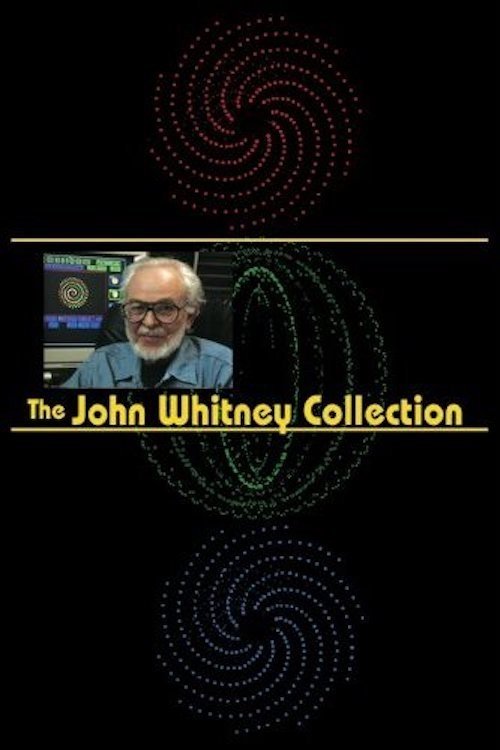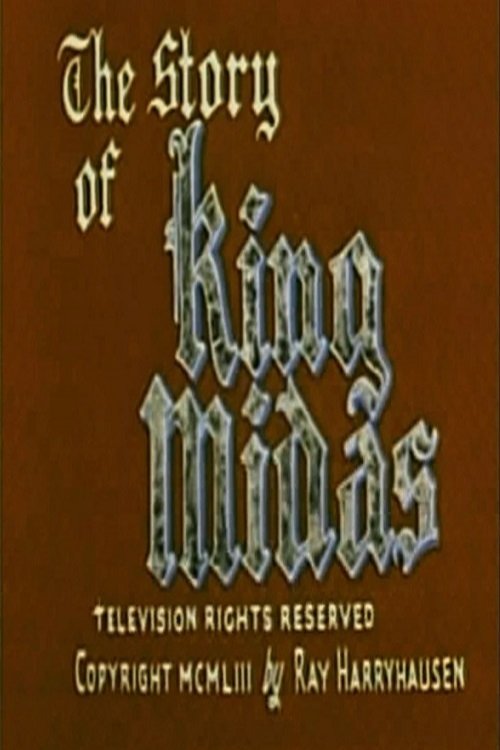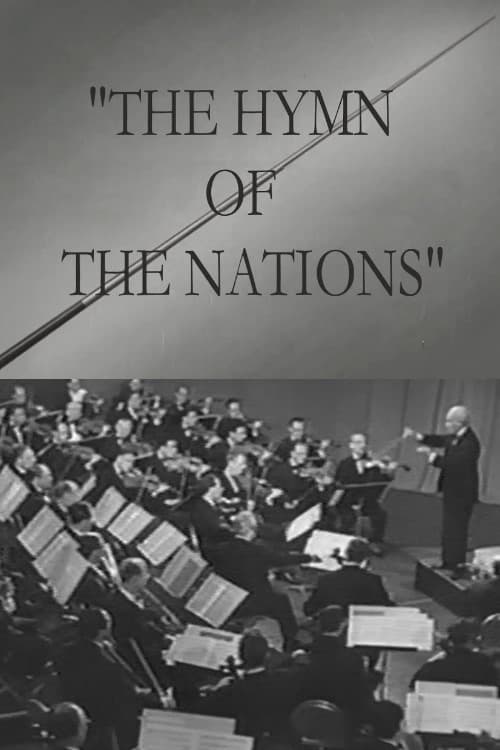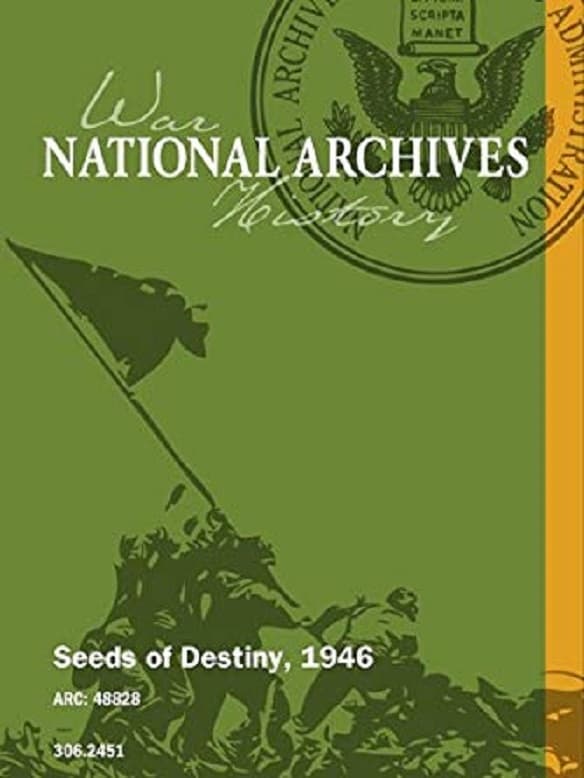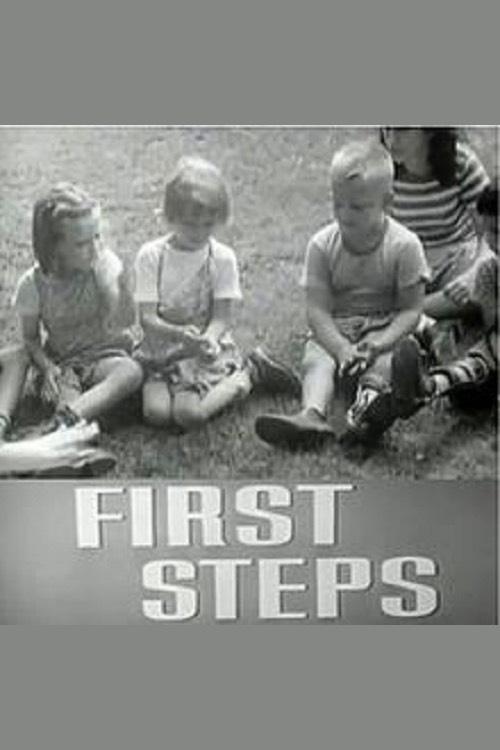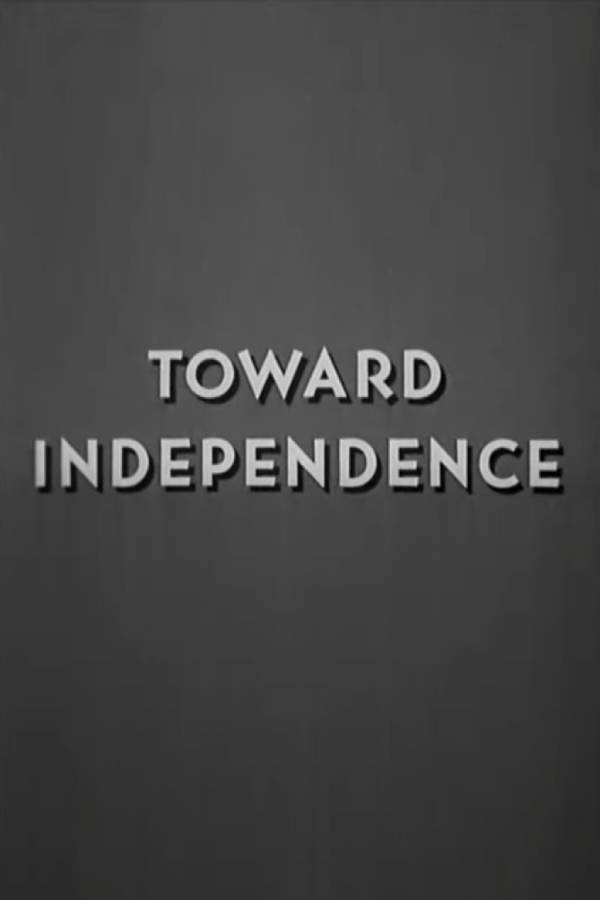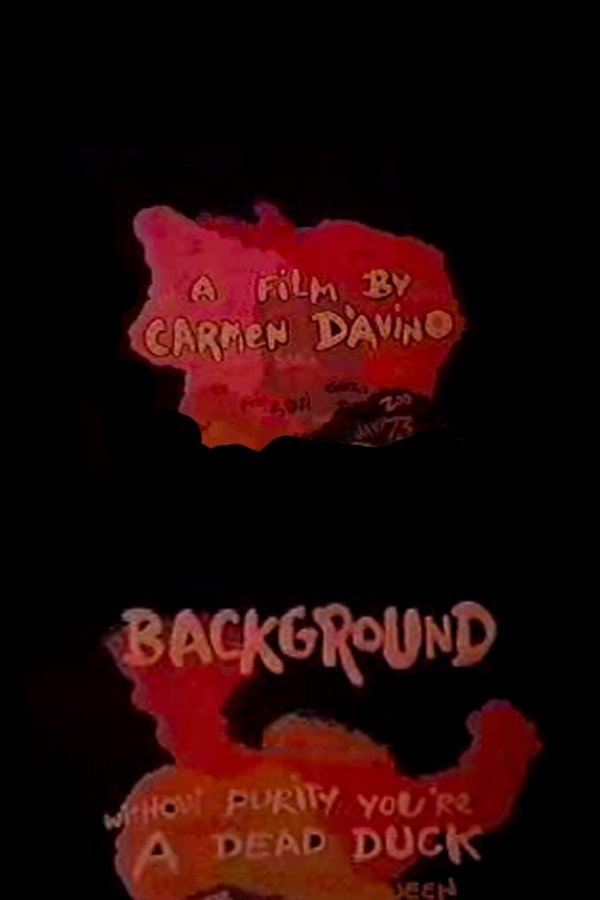
Background (1973)
Overview
Background is a 1973 American short documentary film directed by Carmen D'Avino. It was nominated for an Academy Award for Best Documentary Short. The original version was preserved by the Academy Film Archive in 2012.
Production Companies
Additional Info
| Budget | $0.00 |
|---|---|
| Revenue | $0.00 |
| Original Language | en |
| Popularity | 0.056 |
Directed By
Carmen D'Avino
TOP CAST
Similar Movies
Celery Stalks at Midnight
Early 'visual music' film by John Whitney. Preserved by the Academy Film Archive in 1999.
Bambi Meets Godzilla
Bambi is nibbling the grass, unaware of the upcoming encounter with Godzilla. Who will win when they finally meet? Preserved by the Academy Film Archive in 2009.
Hats Off to Hollywood
Picking up the story first presented in I Don’t Know (1970), Hats Off to Hollywood (1972) brazenly and brilliantly mixes documentary reality with fully staged recreations/reimaginings of episodes in the lives of Jennifer and Dana, a loving, bickering couple who challenge the notion of homonormativity. Drugs, poverty, disease, bigotry and prostitution all figure into this disarmingly candid and often hilarious film, a remarkable work that is the apotheosis of director Spheeris’ early work, and a luminous signpost leading directly to The Decline of Western Civilization (1979-1997). Preserved by the Academy Film Archive in 2012.
Prices Unlimited
Two young women, frustrated by war rationing, have a dream illustrating the likely results on prices in America should the measure were prematurely lifted. Preserved by the Academy Film Archive in 2008.
It's Your War Too
Documentary short film detailing the history of the American Women's Army Corps, the WACS. Preserved by the Academy Film Archive, Academy War Film Collection, in 2009.
Five Film Exercises: Film 2-3
Two short fragments resulting from experiments in controlling the mechanical development of the instrument. Preserved by the Academy Film Archive in 2005.
The Story of Little Red Riding Hood
A classic tale retold with Harryhausen's trademark animation. Preserved by the Academy Film Archive in 2004.
The Story of Hansel and Gretel
Stop-motion puppetry version of the classic fairy tale. Preserved by the Academy Film Archive in 2004.
Nursery Rhyme Review
A compilation of four Mother Goose stories "photographed in three-dimensional animation" and unified by a prologue and an epilogue with Mother Goose herself magically setting up a projector to show the films. The familiar nursery rhymes are "Little Miss Muffet," "Old Mother Hubbard," "The Queen of Hearts," and "Humpty Dumpty." Preserved by the Academy Film Archive in 2004.
Study No. 6
The first Studies were synchronized with records (Fischinger made a total of 13 Studies all without sound). It was only with the introduction of sound, beginning with Study No 6 that the films did full justice to this musical principle. The play of the white lines, the arcs, and the upside-down U’s running hither and thither like ballet dancers was brought into perfect synchronization with the music, and thus the films offered an abstract illustration of the melodies. Study No 6 is certainly the best of his films in terms of forms. - Hans Scheugl and Ernst Schmidt, Jr. Preserved by the Academy Film Archive in 2001.
The Maltese Cross Movement
The film reflects Dewdney's conviction that the projector, not the camera, is the filmmaker's true medium. The form and content of the film are shown to derive directly from the mechanical operation of the projector - specifically the maltese cross movement's animation of the disk and the cross illustrates graphically (pun intended) the projector's essential parts and movements. It also alludes to a dialectic of continuous-discontinuous movements that pervades the apparatus, from its central mechanical operation to the spectator's perception of the film's images... (His) soundtrack demonstrates that what we hear is also built out of continuous-discontinuous 'sub-sets.' Preserved by the Academy Film Archive in 2009.
The Creation
The film is based on a poem by James Weldon Johnson depicting the power of the southern black American preacher's telling of the biblical creation story.
Five Film Exercises: Film 1
Begins with a three beat announcement drawn out in time which thereafter serves as a figure to divide the four sections. Each return of this figure is more condensed, and finally used in reverse to conclude the film. Preserved by the Academy Film Archive in 2004.
The Story of King Midas
A greedy King Midas is visited one day by a mysterious visitor who grants him the ability to turn all things he touches to gold. He learns his lesson when the food he tries to eat and his own daughter are turned to gold as well. The visitor reappears and offers him the opportunity to return to his old self, which he gladly does. Preserved by the Academy Film Archive in 2004.
Hymn of the Nations
Hymn of the Nations, originally titled Arturo Toscanini: Hymn of the Nations, is a 1944 film directed by Alexander Hammid, which features the "Inno delle nazioni," a patriotic work for tenor soloist, chorus, and orchestra, composed by Italian opera composer Giuseppe Verdi in the early 1860s. (For this musical work, Verdi utilized the national anthems of several European nations.) In December 1943, Arturo Toscanini filmed a performance of this music for inclusion in an Office of War Information documentary about the role of Italian-Americans in aiding the Allies during World War II. Toscanini added a bridge passage to include arrangements of "The Star-Spangled Banner" for the United States and "The Internationale" for the Soviet Union and the Italian partisans. Joining Toscanini in the filmed performance in NBC Studio 8-H, were tenor Jan Peerce, the Westminster Choir, and the NBC Symphony Orchestra. Preserved by the Academy Film Archive in 2010.
Seeds of Destiny
Oscar winning postwar propaganda film in support of the United Nations Relief and Rehabilitation Administration. Strident but poignant, focusing on children. The film surveys the Nazi/Japanese atrocities, post-war devastation and the early relief efforts. This film was responsible for raising over $200,000,000, making it a top moneymaking film. Preserved by the Academy Film Archive in 2005.
Brooklyn, U.S.A.
Brooklyn, U.S.A. is a 1947 English language short film directed by Arthur Cohen, starring Ted de Corsia. It was nominated for an Oscar in the category of Best Short Subject, One-Reel. Preserved by the Academy Film Archive.
First Steps
United Nations, 1947 - In this film one crippled child learns to walk: first to move, then to stand, and finally to take his first steps. The film deals with modern techniques of physiotherapy, and the need to develop the whole child - his emotions and his mind as well as his muscles - is stressed. Skilled adult workers offer not only massage and therapy, but also love and understanding, and occupational therapy for children and takes the form of both play and work. Movements learned become part of the daily jobs of feeding and dressing. Early attempts to walk are made with the help of apparatus. Finally the initially hesitant steps on his own are taken. As the film ends the boy walks. Preserved by the Academy Film Archive in 2005.
Toward Independence
Toward Independence is a 1948 American short documentary film about the rehabilitation of individuals with spinal cord injuries. Preserved by the Academy Film Archive in 2005.
